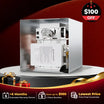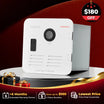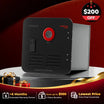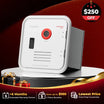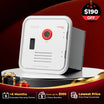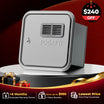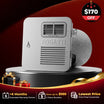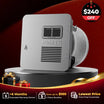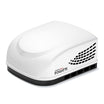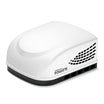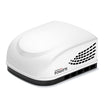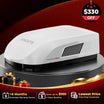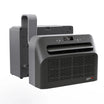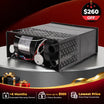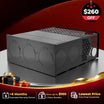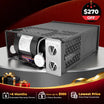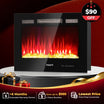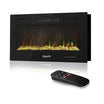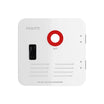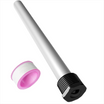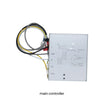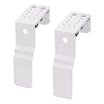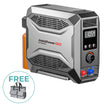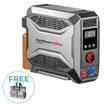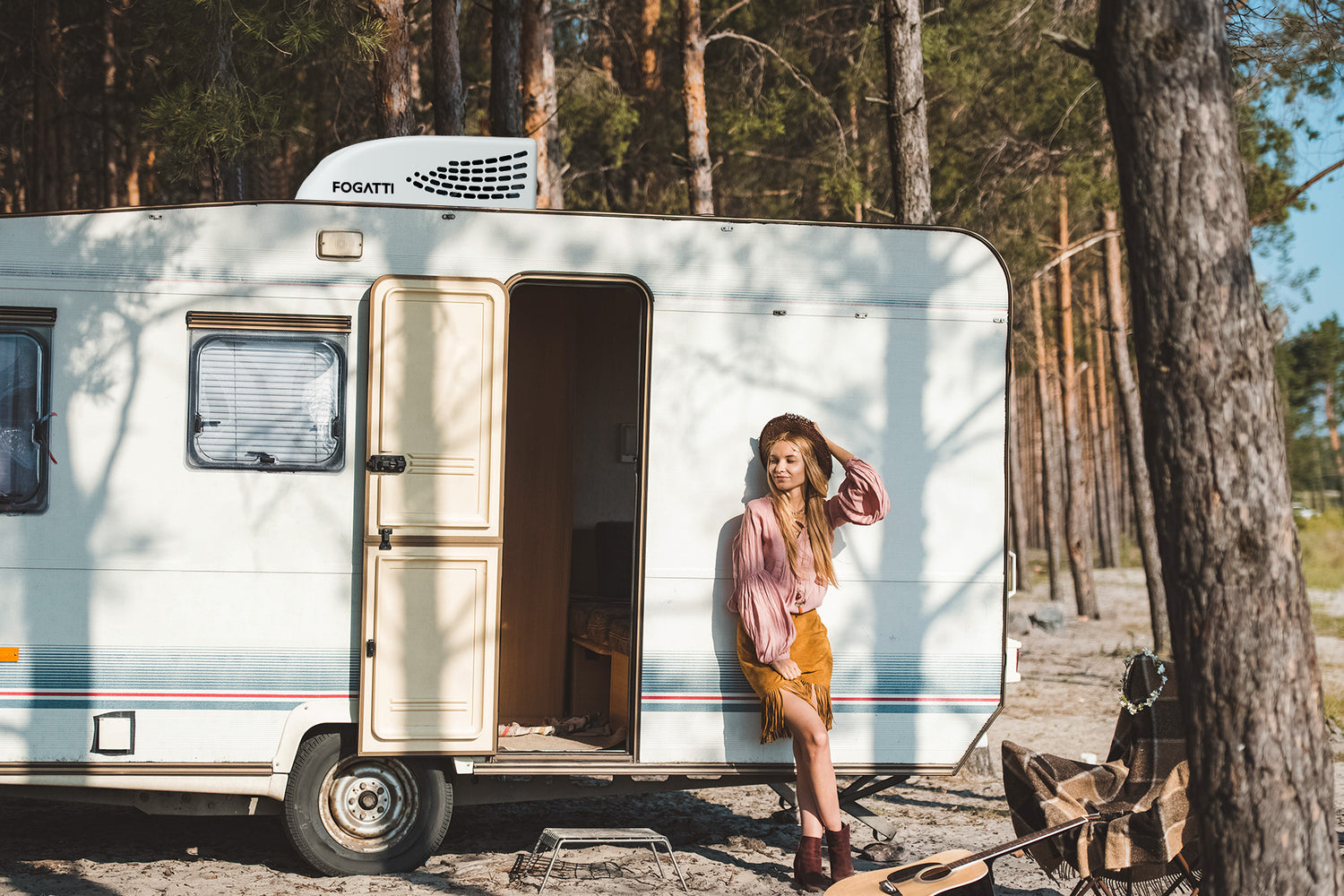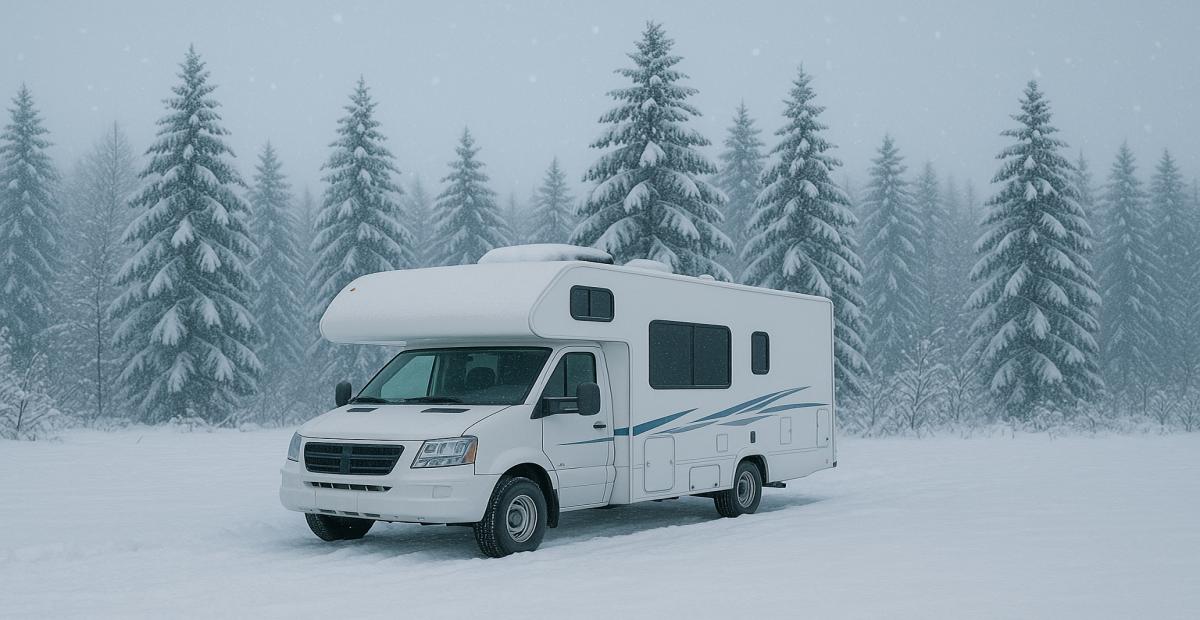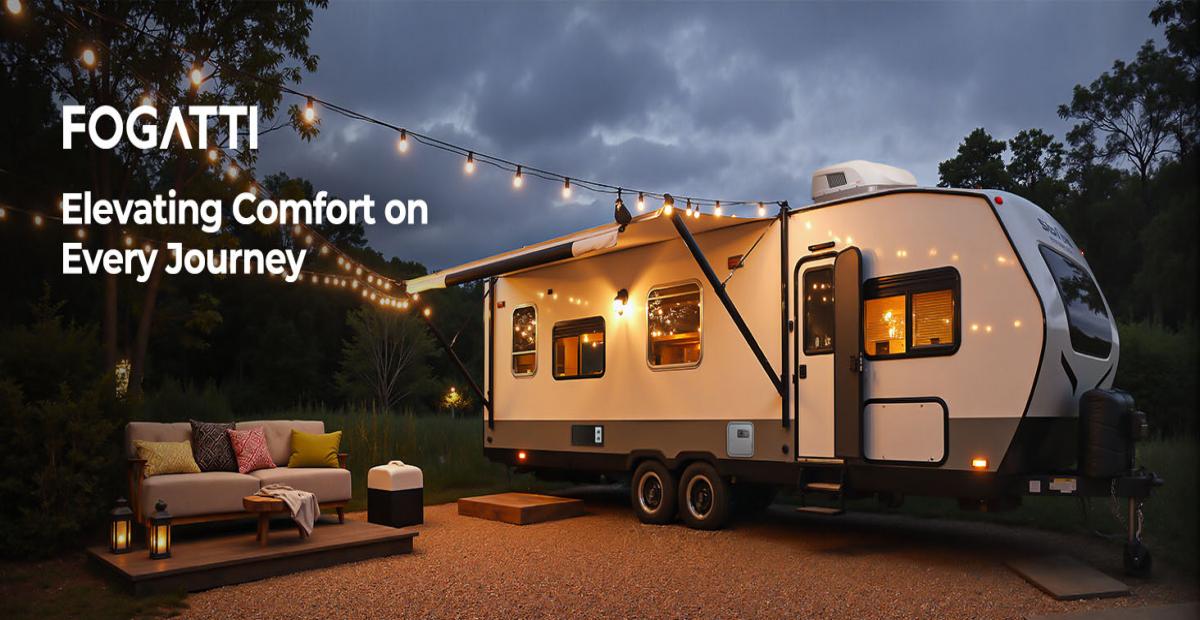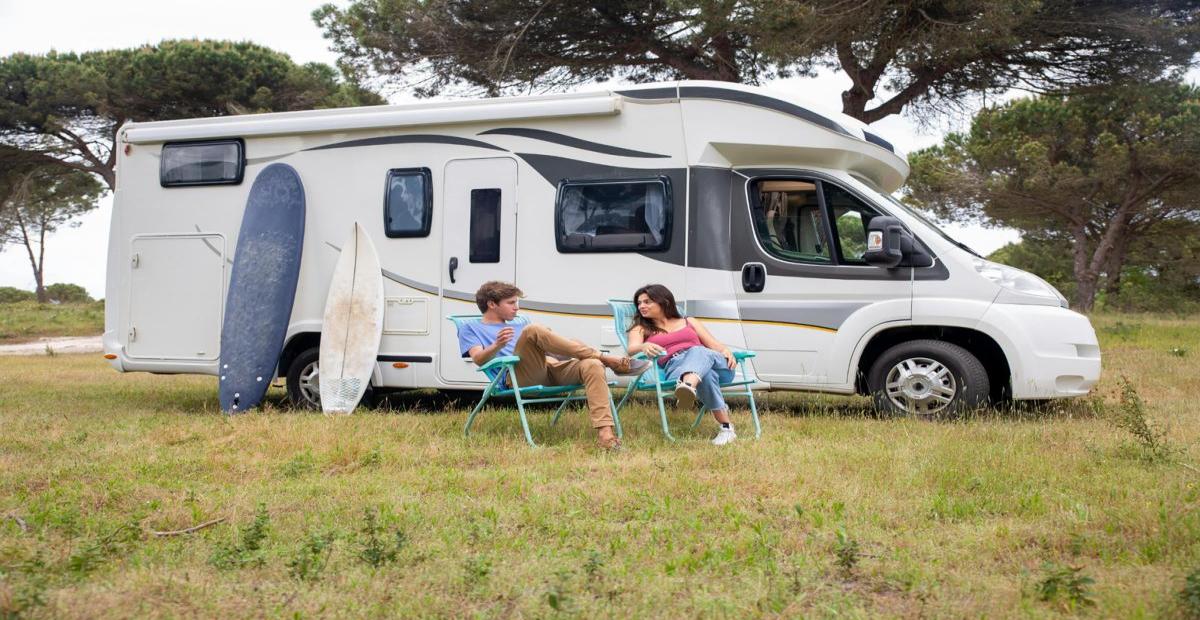Cleaning and Guide in Properly Using Your RV Air Conditioner
A comfortable RV trip involves efficient use of air conditioning. However, running RV air conditioners all day long can cause problems, especially with energy consumption. In this article, we will provide helpful tips on the proper use, maintenance, and cleaning of RV air conditioners to ensure optimal performance.
Proper Use of RV Air Conditioners
Pre-cooling:
Pre-cooling your RV air conditioner before the heat of the day sets in can help reduce the workload on the unit and improve its efficiency. Turning on the unit early in the morning allows it to cool down the interior before the temperature becomes unbearable.
Check and clean condenser coil:
The condenser coil of the RV air conditioner is located outside the RV and can become clogged with dirt, dust, and debris, reducing the airflow and efficiency of the unit. Regular cleaning of the condenser coil will improve cooling efficiency and keep the unit running smoothly.
Keep windows covered:
Windows are a significant source of heat in an RV. Covering them with blinds, curtains, or reflective insulation can reduce the amount of heat entering the RV, making the air conditioner's job easier.
Properly size the unit:
Choosing the appropriate size of the RV air conditioner is crucial for optimal cooling performance. A unit that is too small for the RV will struggle to cool the interior, while an oversized unit will cycle on and off too frequently, reducing its efficiency.
Reduce heat sources:
Appliances and lights that generate heat during the hottest part of the day increase the workload on the RV air conditioner and reduce its efficiency. Limit the use of such items during peak hours to help the unit maintain a comfortable temperature.
Maintain the unit:
Regular maintenance and inspections of the RV air conditioner are crucial to ensure optimal performance and identify potential problems before they turn into costly repairs.
Setting the correct temperature:
Setting the thermostat to a comfortable temperature and avoiding overcooling the RV can help reduce the workload on the air conditioner, prolonging its life and improving efficiency.
Checking for leaks:
Refrigerant leaks in the RV air conditioner can cause system failure and costly repairs. Regularly checking the unit for leaks can help identify and address problems early.
Controlling the humidity:
High humidity levels in an RV can make the interior feel hotter and more uncomfortable. Using a dehumidifier can help reduce humidity levels and make the air conditioner's job easier.
Things Needed in Cleaning Your RV Air Conditioner
Cleaning your RV rooftop air conditioner is an essential part of maintaining the unit's efficiency and ensuring the air you breathe inside your RV is healthy. Dirt, debris, and dust easily accumulate on the fins and coils of the air conditioning unit, reducing its efficiency and potentially causing health hazards. Here are some of the things you will need and steps to follow when cleaning your RV air conditioner.Screwdriver:
The first step in cleaning your RV air conditioner is to remove the cover. Use a screwdriver to remove the screws holding the cover to the unit.
Cleaning Solution:
There are various cleaning solutions available in the market specifically designed for cleaning air conditioning units. You can also make your own solution by mixing water and mild detergent. Alternatively, you can use a commercial air conditioner coil cleaner that will effectively remove dirt and debris from the coils.
Spray Bottle:
Fill a spray bottle with the cleaning solution. Spray the solution evenly onto the unit, making sure it covers the coils and fins. Soft-bristled Brush: Use a soft-bristled brush to carefully scrub the coils and fins of the unit. Be gentle when cleaning the fins as they are delicate and can easily bend or break.
Water Hose:
After scrubbing the unit, rinse off the cleaning solution and any debris with a water hose. Be careful not to apply too much pressure while doing this to avoid damaging the fins and coils.
Protective Gear:
While cleaning the air conditioner unit, it is essential to wear protective gear like gloves and goggles to protect yourself from any potential health hazards like inhaling cleaning solution and dust.
Frequently Asked Question
What size RV air conditioner do I need?
The size of the RV air conditioner you need will depend on the size of your RV and how well it is insulated. As a general rule, a 13,500 BTU air conditioner is sufficient for a 30-foot RV, while a 15,000 BTU air conditioner is better for larger RVs.
Can I install an RV air conditioner myself?
It is possible to install an RV air conditioner yourself if you have the necessary skills and tools. However, it is recommended to have a professional do the installation to ensure proper installation and avoid any potential safety hazards.
How long does an RV air conditioner last?
The lifespan of an RV air conditioner can vary depending on factors such as usage, maintenance, and climate. On average, an RV air conditioner can last anywhere from 5 to 15 years.
How do I troubleshoot my RV air conditioner?
If your RV air conditioner is not functioning properly, there are several troubleshooting steps you can take. These include checking the power source, cleaning the air filter, and ensuring proper ventilation. If the issue persists, it may be necessary to seek professional help.
Can I use my RV air conditioner while driving?
It is generally not recommended to use your RV air conditioner while driving, as it can put a strain on the engine and electrical system. It is best to use the air conditioner only when the RV is parked or connected to a power source.
In Fogatti, we want to stress the importance of proper use and maintenance for optimal performance and longevity. It is crucial to follow the manufacturer's guidelines and recommended cleaning procedures to ensure that your unit operates efficiently and remains in good condition. Neglecting regular cleaning can lead to clogs and blockages that reduce airflow and affect cooling capabilities. To properly clean your RV air conditioner, you will need a variety of tools and cleaning solutions, such as a fin comb, coil cleaner, and vacuum cleaner, among others. By properly using and maintaining your RV air conditioner, you can enjoy reliable and efficient cooling for your travels.


